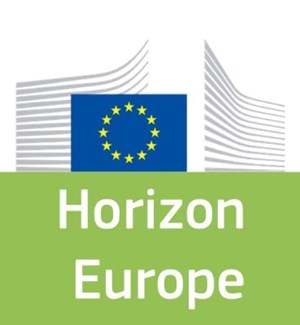- Forschungsverbund Berlin e.V. - Germany,
- Ruprecht-Karls-Universität Heidelberg - Germany,
- Lund University - Sweden,
- Keep Nature Alive CC GmbH - Germany,
- Stichting Deltares - Netherlands,
- Istituto Superiore di Sanità - Italy,
- University of the Philippines System - Philippines,
- Innoceana - Spain,
- Research Institute for Tropical Medicine - Philippines
Community-based engagement and intervenTions to stem the spread of antimicrobial resistance in the aqUatic environments catalysed by cLImate change and Plastic pollution interactions: Interconnections between ecological and societal systems facilitate compounding impacts of climate change, environmental plastic pollution and proliferation of antimicrobial resistance (AMR) on the health of people, animals and ecosystems on a planetary scale. Current knowledge on interactions between these three crises in the Earth’s natural systems and their impact on health is highly restricted. TULIP will apply a transdisciplinary socio-ecological systems thinking approach, robust environmental science methods, epidemiology, modelling, sampling design and state-of-the-art molecular tools to generate scientific evidence on plastic-AMR interactions. It will describe spatio-temporal dynamics and patterns of plastic-associated AMR under a changing climate and the compounding health and ecological impacts. It will employ the methodology of intervention and social sciences to explore social driving factors and current policies and design and evaluate community-based interventions and nature-based solutions. TULIP will convert created evidence to modelling-based decision-supporting tools that approximate co-benefits to human and ecosystem health, indicators and environmental policy recommendations highlighting triple-win solutions and foster the science-policy translation using an integrated knowledge translation framework. Aiming to ignite a lasting societal change toward health-promoting environments, TULIP will engage communities, citizen scientists, policymakers and experts from multiple sectors in research, co-design, co-implementation, communication and dissemination processes. TULIP will focus on aquatic environments as they create a milieu for interactions, transport pathways and exposure interface and showcase its approach in the Philippines and Italy and translate to a pan-European scale.
Want to analyze based on this project via our analysis tool? Analyze this project
Knowledge Gaps
Environmental fate and behavior of plastic
Biological processes and biotic interactions with plastic
Chronic or long-term effects, multiple forms and/or sources
Environmental effects and ecotoxicity
Environmental exposure




